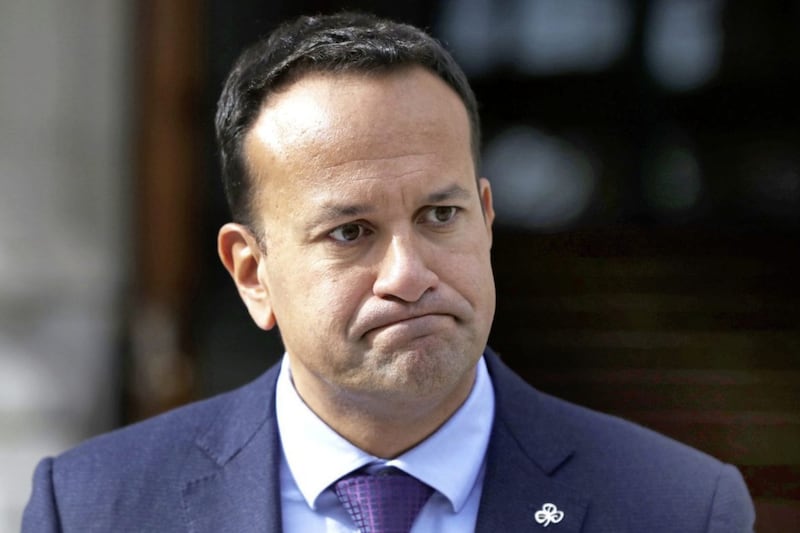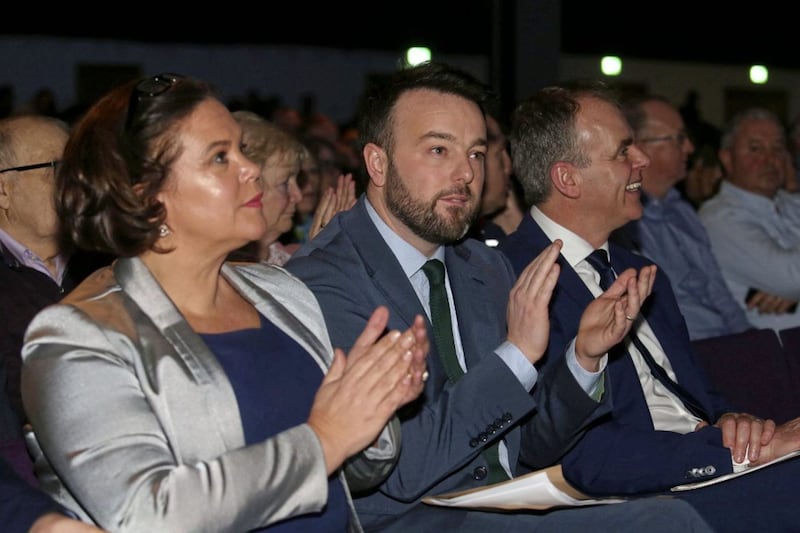IT is mistaken to characterise calls for a border poll as reckless and rather campaigning for a unity referendum is a "fundamental democratic right", the figurehead for the Ireland's Future group of civic nationalists has said.
Lawyer Niall Murphy was speaking last night at the group's 'Our Rights - Our Future' event in Newry's Canal Court Hotel.
The event, which is a follow-up to January's 'Beyond Brexit' conference at Belfast's Waterfront Hall, featuring tow panel discussions focussing on rights in both a post-Brexit and new Ireland context.
In his opening remarks to the event, which saw contributions from Senator Frances Black, Queen's University lecturer Professor Colin Harvey and Emma DeSouza, the Co Derry woman involved in a long-running citizenship dispute with the UK Home Office, Mr Murphy said nationalists would not be told that their "fundamental aspiration is divisive".
"We will not be told that now is not the time – we will not be told that the debate is not happening," he said.
"The debate is happening, and it is happening because Brexit has changed everything."
He said a public commitment has been given to all citizens residing in the north that the Irish government would, if necessary, meet the cost of continuing provision of the European Health Insurance Card (EHIC) after Brexit. Mr Murphy also noted the continued involvement in the Erasmus programme and its successor, a key demand highlighted through by the civic nationalist group.
However, he said serious issues remained.
"The birth right provisions of the Good Friday Agreement are being contested and undermined – this is evident in the response of the Home Office to Emma and Jake DeSouza and this should be of concern to everyone on this island," he said.
"At its core this is about testing those who often recite the words of the agreement to deliver on their meaning in a practically meaningful way."
The first panel discussion featuring contributions from Miss de Souza, Slugger O'Toole's Alan Meban, Daniel Holder of the Campaign for Administration of Justice, Bernardine Quinn and Padraig Ó Tiarnaigh examined the "rights crisis" and how it feeds into the Stormont talks process.
The second panel considered the constitutional options and pathways to Irish unity and featured Colin Harvey, a professor of human rights law at Queen’s University, High Court judge, Mr Justice Richard Humphreys, Senator Ian Marshall, Senator Frances Black and writer Martina Devlin.








